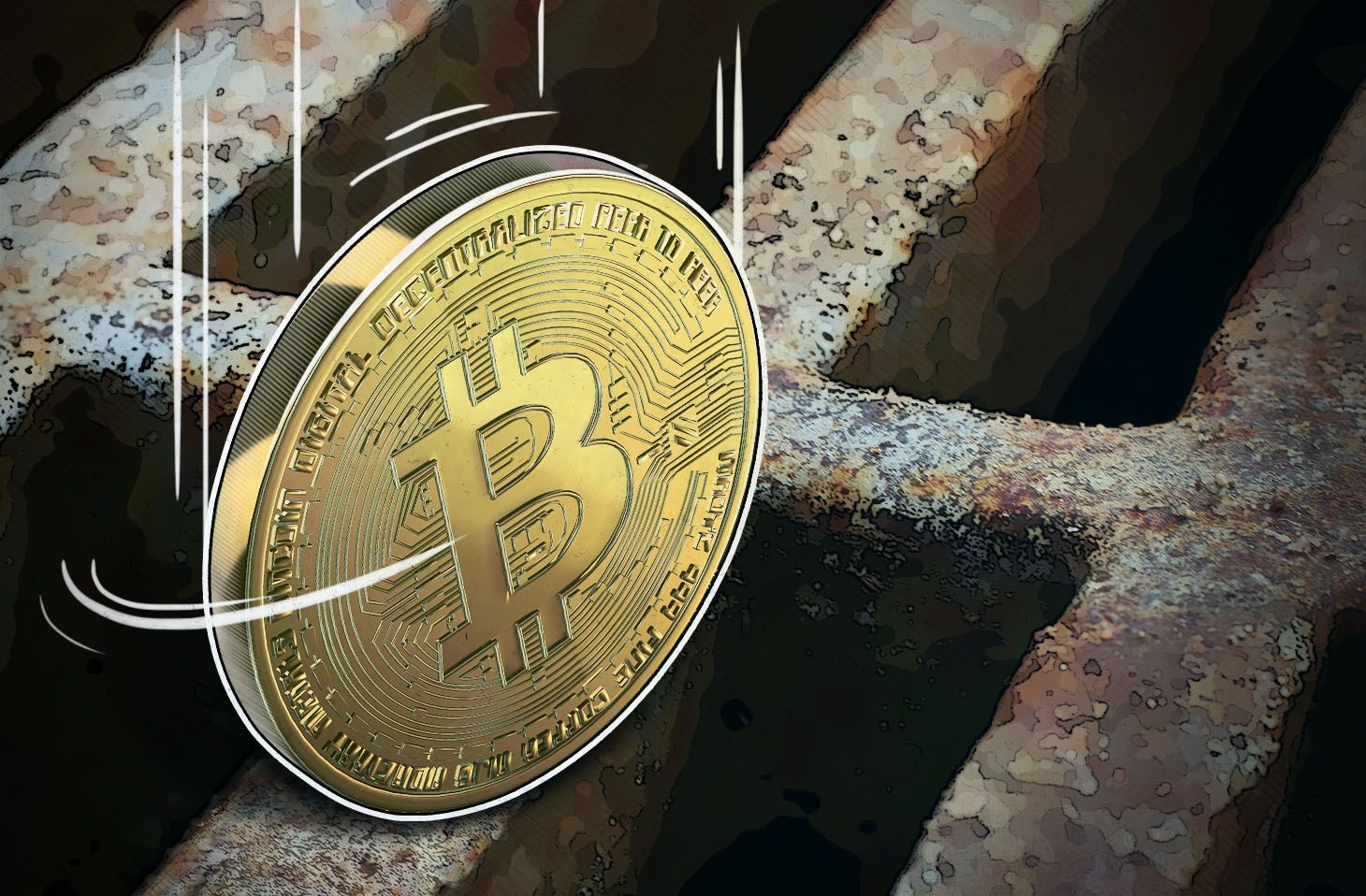One of the big problems that everyone seems to have with bitcoin and crypto is that they are not as regulated as other financial markets. For the most part, they are designed to be decentralized and give more monetary power to users, but without any regulation at all, things are bound to get out of hand.
Bitcoin Regulation May Take On a Different Form
Now, some are promoting the idea of bitcoin being regulated the way India regulates its stock market. The idea comes from Deepak Kapoor, a think-tank founder who seems to know a thing or two about cryptocurrency. In a recent interview, he stated:
Bitcoin should be traded like a stock. That is the only legal status that it can get, and it should get this status. You make it legal and you might put the entire economy of the country at stake.
Clearly, he doesn’t like the idea of legalizing bitcoin as a legitimate currency. This is a major problem in that this is what bitcoin was designed to be… Something that could potentially replace – or at least act like – real money. However, its major issue is that it remains highly volatile and vulnerable to price swings, which means many retail outlets and other companies are not willing to accept it as a means of payment.
Consider this: if you walk into a store right now and you pay for $50 worth of merchandise with bitcoin, you’ll walk out of that store free and clear no matter what happens, so if the price of BTC goes down the next day, you’ll still get to keep all your items, but the store has lost money. This explains why so many sellers are anti-crypto when it comes to the transaction process. Only a few – such as Overstock.com – have ever said “yes.”
But the idea of fully regulating bitcoin like stocks comes with several disadvantages. For one thing, people who initially use bitcoin and other forms of crypto because they cannot gain access to traditional financial products or services will be immediately cut out. With regulation in place, those that were freely using bitcoin could now be subjected to background checks, credit checks or other legislative maneuvers that could potentially get in the way of their achieving financial freedom.
With no access to crypto or traditional services, how do they mean to survive? How can they attain what they need to feed themselves or their families?
Why This Wouldn’t Really Work
Luckily, not everyone stands with Kapoor. Nischal Shetty – CEO of Wazir X, a crypto exchange in Mumbai – stated his opposition to further regulatory tactics, mentioning:
Bitcoin is not a slice of a company that you can buy or invest in. Rather, it is seen as an asset, like gold for example. Hence, it can’t be seen a stock.
